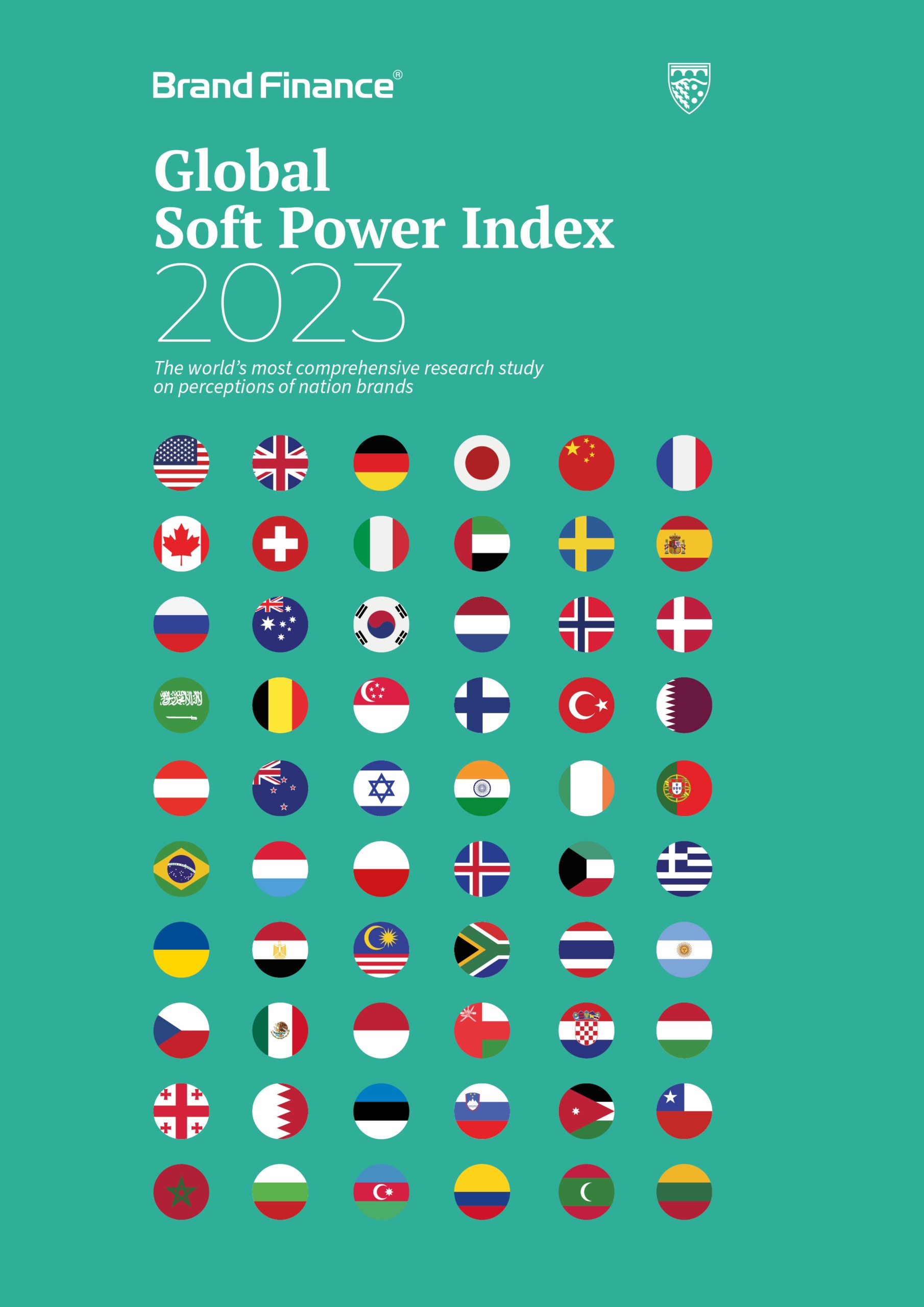This article was originally published in the Global Soft Power Index 2023.

In 2001, there were 2.6 billion people without access to proper sanitation, but toilets were not talked about much. Because sanitation was considered an uncomfortable topic, it was often discussed as a part of the more appealing "Water Agenda". However, using technical language such as "Faecal Sludge Management" did not attract media attention since it was not commonly understood by readers.
I believed that we needed to use clear and simple language to address this issue. To break the taboo surrounding sanitation, I combined humour and serious facts to form the World Toilet Organization (WTO), a pun on the World Trade Organization. I hoped that the World Trade Organization would sue us, which would draw global attention to the issue of sanitation. Although this did not happen, our marketing strategy was successful. The global media was interested in the WTO, and it helped legitimise the importance of sanitation with massive coverage reaching 2-3 billion readers annually. Our movement gained support from large NGOs such as Unicef, Wateraid UK, UNEP, UNDP, Red Cross, Sulabh International, Water.org, and the Gates Foundation, as well as individuals worldwide, and together, we started celebrating 19 November as World Toilet Day.
In 2013, our organisation's founding day, 19 November, was officially adopted by all 193 countries in the United Nations General Assembly as the official UN World Toilet Day.
Our "Theory of Change" is based on the idea that by giving stakeholders what they want, we can align incentives and encourage them to take ownership of sanitation. We have identified eleven key strategies to achieve this:
- Creating Powerful Stories and Soundbites - By sharing compelling stories about sanitation, we can attract media attention and generate advertising revenue.
- Making Sanitation an Election Issue - By promising to improve sanitation, politicians can gain media attention and win popular votes.
- Mobilising Bureaucrats - Policymakers want to please their political bosses and can allocate budgets to improve sanitation.
- Publishing and Validating - Academics want to publish their research to validate our strategy and hypothesis.
- Leveraging Corporate Support - We aim to create win-win strategies through shared value and corporate social responsibility programs, positioning sanitation as a cheaper form of preventive medicine.
- Create compelling stories for donors, aid agencies, and funders to influence public policies and integrate strategies with blended capital from public-private partnerships.
- Mobilise NGOs by providing funding for them to build toilets.
- Attract celebrities to join in for publicity and goodwill.
- Help social entrepreneurs create sustainable business models by facilitating their scaling across different sectors and geographies.
- Make toilets more attractive by positioning them as status symbols and using social pressure to encourage people to take ownership of their upkeep and maintenance.
- In summary, all it took was the power of storytelling, framing narratives, and incentivising the ecosystem to align towards a common mission.

By using cost-benefit analysis to highlight the benefits of sanitation, we hope to make the case for increased investment in sanitation infrastructure and services. By bringing together different stakeholders, we believe we can make significant progress in improving global sanitation.
To make progress in the Sanitation Agenda, we need to consider its interconnection with health, income, safety, environmental pollution, tourism, treatment, recycling, agriculture, and the overall quality of life and dignity of communities. Sanitation cannot be treated in isolation, so we need a comprehensive and holistic approach to tackle this issue.
To achieve this, we must create tailored incentives for all stakeholders involved in the 17 Sustainable Development Goals (SDGs). For instance, we can unlock the entrepreneurial spirit and work ethic of the poor and empower them through technology and downstream production. By doing so, they can generate income to purchase toilets, clean water, housing, education, healthcare, and all the other necessities that contribute to an improved quality of life beyond sanitation.
The key is to bring all stakeholders together and align their incentives toward a common mission. Through this approach, we can achieve sustainable sanitation and the associated benefits to health, livelihood, income, safety, environmental sustainability, and overall quality of life.
Over the past 22 years, we have made significant progress in improving access to proper sanitation around the world. 2.4 billion people have gained access, and now 193 countries celebrate UN World Toilet Day on November 19th every year. Through our efforts, we have successfully broken the taboo around toilets and reached an annual audience of 2-3 billion people worldwide.
Our World Toilet Summits have left a lasting impact on communities across the globe. For example, we mobilised China and India's sanitation transformations starting in 2004 and 2007, respectively, with over 110 million toilets built in India.
In Brazil, we helped attract $10 billion in investments for sewage treatment plants since 2019 and engaged all 36 states of Nigeria towards becoming Open Defecation Free by 2025. We are proud to have built a global movement where stakeholders take action in their own names and improve sanitation in their own locations.
Despite competing with other major issues like climate change and sports in the media, we have managed to keep the sanitation agenda highly visible in global awareness.

